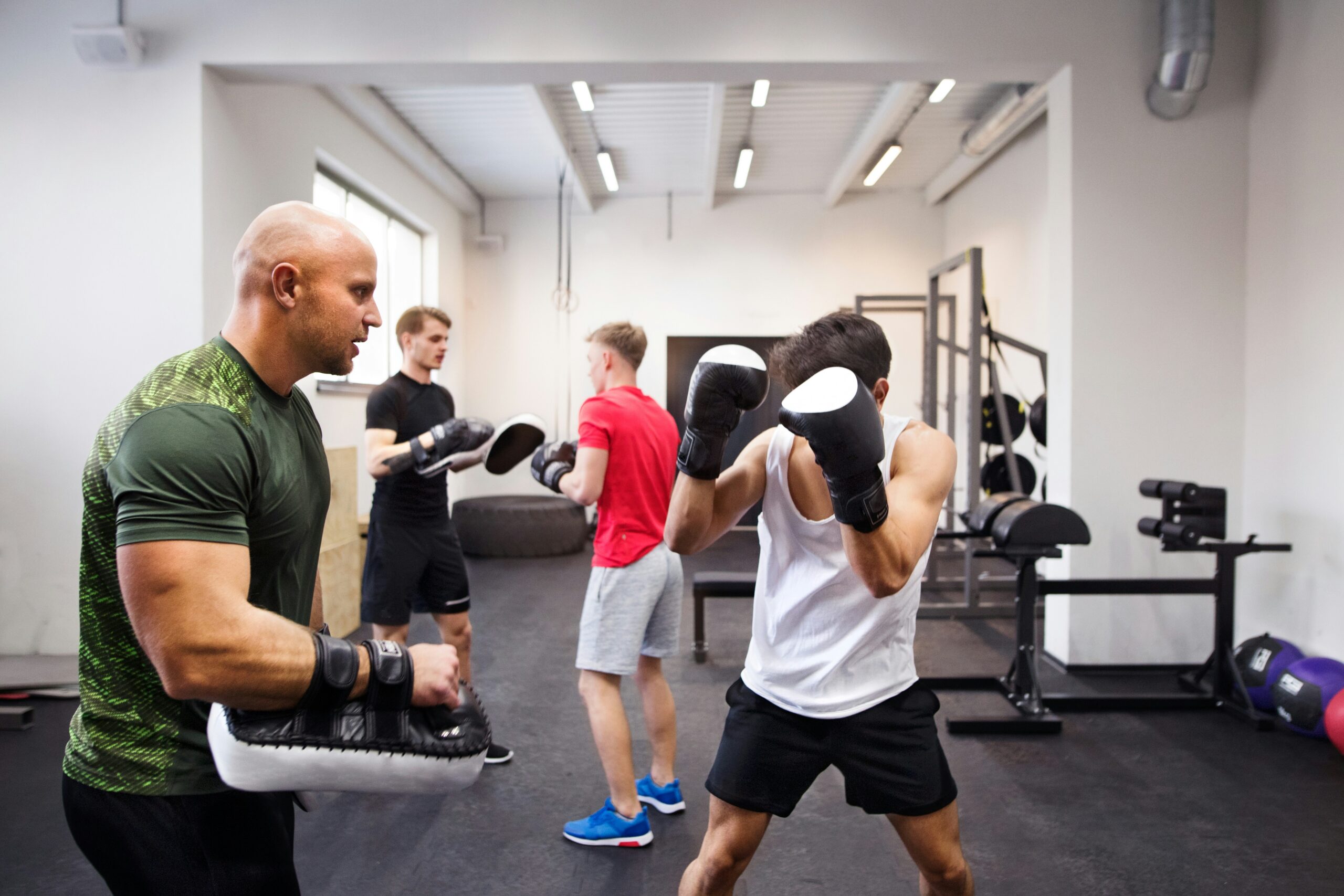
At the heart of any effective physical training program lies discipline. Waking up early to run, sticking to a workout plan despite soreness, and pushing through plateaus require consistent commitment. This same mental discipline seamlessly transfers to the professional world. In the workplace, being dependable, meeting deadlines, and consistently performing at a high level stem from the same mental grit that fuels Professional Strength.
Building Discipline That Fuels Success
Physical training conditions individuals to embrace routines and persist even when motivation dips. This daily repetition of effort helps sharpen focus, improve time management, and reinforce the importance of preparation. When professionals regularly train their bodies, they also train their minds to overcome resistance—making them more resilient in high-pressure environments. Unsurprisingly, leaders prioritizing their fitness often display heightened consistency in decision-making and execution, which becomes a core aspect of Professional Strength.
Physical fitness isn’t just about muscle tone and cardiovascular health; it’s also about building mental toughness. Training sessions—especially intense—require pushing past discomfort, fighting fatigue, and staying focused on long-term goals. These psychological skills directly enhance Professional Strength in career settings.
Sharpening Mental Toughness for Workplace Challenges
Consider the stress of a looming deadline or the pressure of presenting to stakeholders. Those who engage in regular physical training are already familiar with functioning under stress. They’ve taught themselves to regulate breathing, calm their minds, and stay present even when things get tough. These habits foster a higher tolerance for workplace stress, allowing individuals to remain composed, solution-focused, and driven amid challenges—a clear demonstration of Professional Strength.
Beyond this, fitness cultivates a growth mindset. Every rep, every run, and every milestone overcome is a reminder that progress is earned through effort. In business, that belief becomes a powerful tool. Leaders who view failures as temporary setbacks rather than permanent roadblocks inspire their teams to take calculated risks and keep moving forward. This mindset is at the core of Professional Strength.
Few things are more empowering than feeling strong and capable in your own body. Whether lifting heavier weights, running faster, or completing a new physical feat, each accomplishment builds self-confidence. That self-assurance naturally spills over into professional life, reinforcing Professional Strength.
Boosting Confidence Through Physical Mastery
Additionally, physical mastery fosters an identity of competence. When individuals see themselves as strong, capable, and goal-oriented in the gym, they adopt the same mindset in boardrooms, meetings, and strategic planning sessions. They understand the connection between effort and outcome and carry that conviction into every professional challenge they face. This confidence-driven identity is a hallmark of Professional Strength.
Physical training boosts more than just strength and endurance—it enhances energy, sharpens focus, and improves cognitive performance. Regular exercise increases blood flow to the brain, releasing endorphins and improving mood. This combination helps professionals stay alert, creative, and ready to tackle their daily workload, building layers of Professional Strength.
Leaders who prioritize their fitness often find themselves more productive throughout the day. Instead of dragging through meetings or struggling with brain fog, they approach tasks with vitality and enthusiasm. Regular movement supports better sleep and enhances decision-making, emotional regulation, and memory, directly strengthening Professional Strength.
Enhancing Energy and Focus for Peak Performance
Moreover, physical training demands mindfulness. Whether staying in rhythm during a run or focusing on form during a lift, the practice trains the mind to remain present. That focus becomes especially valuable in the workplace, where distractions abound and sustained attention can be the difference between success and stagnation. This mindfulness elevates Professional Strength to higher levels.
One of the most overlooked aspects of fitness in leadership is its power to inspire. Leaders who demonstrate personal accountability through their fitness journey set a standard for others. It communicates that discipline, perseverance, and self-care are values worth prioritizing. This influence demonstrates professional strength not just personally but also organizationally.
Teams often mirror the behaviors of their leaders. A manager who prioritizes health encourages their team to seek balance, manage stress, and bring their best selves to work. This fosters a culture of well-being where employees feel empowered to invest in their professional and personal development—another expression of Professional Strength in action.
Leading by Example and Inspiring Others
Beyond that, fitness offers leaders an opportunity to connect with others. Whether through a company wellness challenge, morning run groups, or casual conversations about weekend workouts, shared physical goals create bonds. These informal connections often deepen trust, strengthen collaboration, and enhance team morale, all contributing to collective Professional Strength.
Ultimately, leaders who integrate physical training into their lives build stronger bodies and develop the habits, mindsets, and presence that make them more effective, resilient, and inspiring professionals. That holistic blend of attributes embodies Professional Strength at its peak.
Physical training isn’t just about looking good or staying healthy—it’s a foundation for leadership excellence. From discipline and mental toughness to confidence and focus, the gym becomes a proving ground for the traits that matter most in the workplace. As professionals commit to training their bodies, they unlock deeper levels of strength, resilience, and clarity that elevate every aspect of their careers. Fit to lead, indeed—with Professional Strength guiding the way.